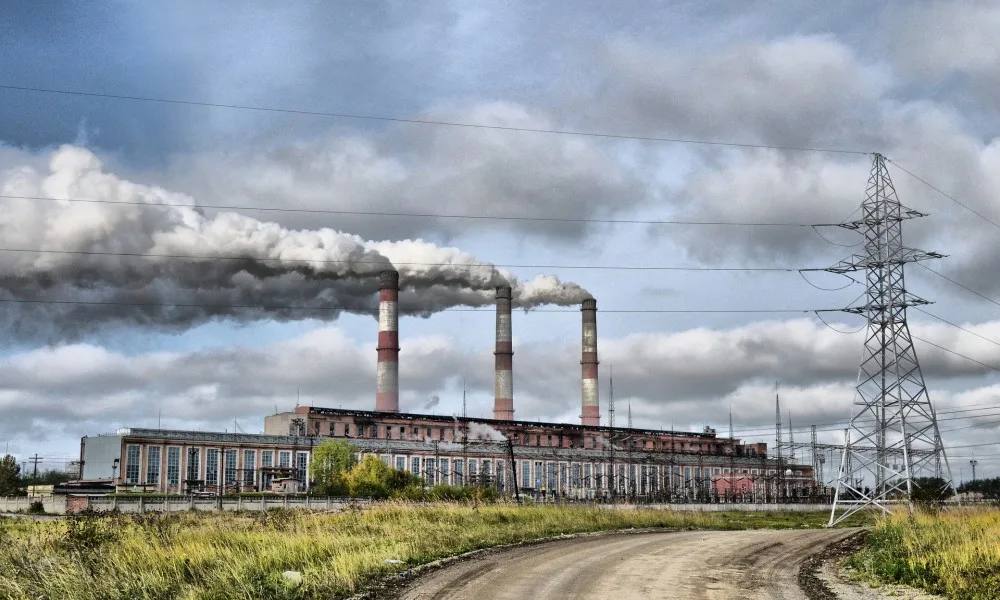
Should we reconsider the term 'climate change'?
Is it time to reconsider how we address 'climate change'?
There's nearly not a single day that goes by that we don't hear the words "climate change". Whether it's on social media, television, radio or in a newspaper, this term has become popular to all, and essential to many.
We have been hearing about climate change for centuries now, and we know that ever since Earth formed more than 4.5 billion years ago, the climate of our planet has been constantly on the move. We've gone through glacial and interglacial periods, with warmer and cooler periods, as well as wetter and drier ones. There have even been some years when regional and global temperatures were much higher back then than today.
RELATED: Here's how Canada's lakes are permanently changing
If we go back in time and look at the temperature record reconstructed with paleoclimatic methods for the past 800,000 years, we can see that Earth has gone through very different climate periods without out the aid of humans. We have evidence of past climate scenarios that have shaped the distribution of species and landscapes around the world several times.
WATCH BELOW: SEE 135 YEARS OF GLOBAL WARMING IN LESS THAN 30 SECONDS
But climate change today has little resemblance to what we have seen in the past. Over the last half-century, the concentrations of greenhouse gases, such as carbon dioxide, methane, or nitrogen dioxide, have seen unprecedented rises. An increase that has catapulted temperatures around the globe, at a rhythm that does not show on any other climate change wiggly curves for our planet.
Today, we have precise evidence that a large portion of the accelerated climate change we are immersed in is due to human activity. Compared to natural climate change, which is still ongoing, the way humans manage planet earth has a lot to do with the climate we experience in more extreme formats every day.
This raises a fundamental question about climate change: should we be using the term to identify the contemporary ongoing climatic situation on Earth? Is it really the correct way to name what we humans are imposing on our planet via greenhouse gas emissions, deforestation, and other environmental impact routines?
In this sense, I fully agree with the proposal launched last week by young Swedish activist Greta Thunberg. Her recommendation to the world is that we put aside the term "climate change", and start calling it with a more appropriate name. A name that will make the anthropogenic contribution to climate change stand out, separating it from natural climate variability. Greta fights for this terminology change in order to send the correct message to millions of people. Politicians, businessmen, and other policy deciding members of the world need to act now, they need to act faster than climate is changing before our eyes.
The debate is not such so much about changing the terms used to call climate change by its appropriate name, which I, and I'm sure many other people agree on. The debate is more about what the correct terminology should be. Greta suggests, "Climate Crisis", "Climate Rupture", "Climate Emergency", "Ecologic Crisis or Rupture", "Ecologic Emergency", and the list goes on. With no intention of being dramatic, I personally like the term "Climate Crisis" and I am aware we already have too many ongoing crises on this planet, but the climate one is definitely on the high end of the list.
Greta and her millions of followers continue to spread these words around the world, trying to raise awareness among the young and not so young. These words are key and need to reach far, fast and deep into the millions of people and their governments who can really make a difference when it comes to mitigating their impact on climate. The work of Greta is admirable, contagious and even magical. Now we only need it to spread faster than how much Earth's climate and environment are changing.












